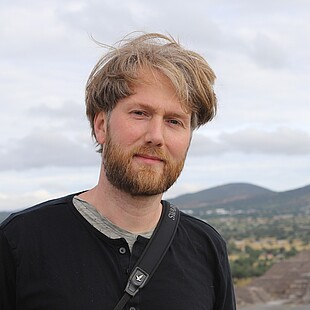Dr. Oscar Vedder
Wissenschaftlicher Mitarbeiter
Institut für Vogelforschung
An der Vogelwarte 21
26386 Wilhelmshaven
Germany
Tel.: +49 4421 9689 19
Email: oscar.vedder@ifv-vogelwarte.de
ORCID: 0000-0003-4689-8568
Google Scholar: Oscar Vedder
Web of Science: Oscar Vedder
Mein breites Interesse gilt der Verhaltens- und Evolutionsökologie. Ich arbeite an einer Vielzahl von Themen, die Alterung, sexuelle Selektion, phänotypische Plastizität, elterliche Effekte und natürliche Selektion umfassen, die zusammen die individuelle Lebensgeschichte prägen. Ich ergänze Längsschnittstudien mit spezifischen Experimenten. Dies ermöglicht es mir, sowohl kausale Pfade als auch Fitnesskonsequenzen des Verhaltens und der altersspezifischen Leistung von Vögeln auf der individuellen Ebene zu messen. Es ist vor allem die Integration von Methoden und Ideen aus Teilgebieten der Verhaltensforschung, Ökologie und Evolution, die ich wertvoll finde und anstrebe. Derzeit sammle ich hauptsächlich Daten von einer Zuchtpopulation japanischer Wachteln, bei der alle wichtigen Aspekte der individuellen Lebensgeschichte und die Verwandtschaft zwischen den Individuen unter kontrollierten Umweltbedingungen genau quantifiziert werden können.


